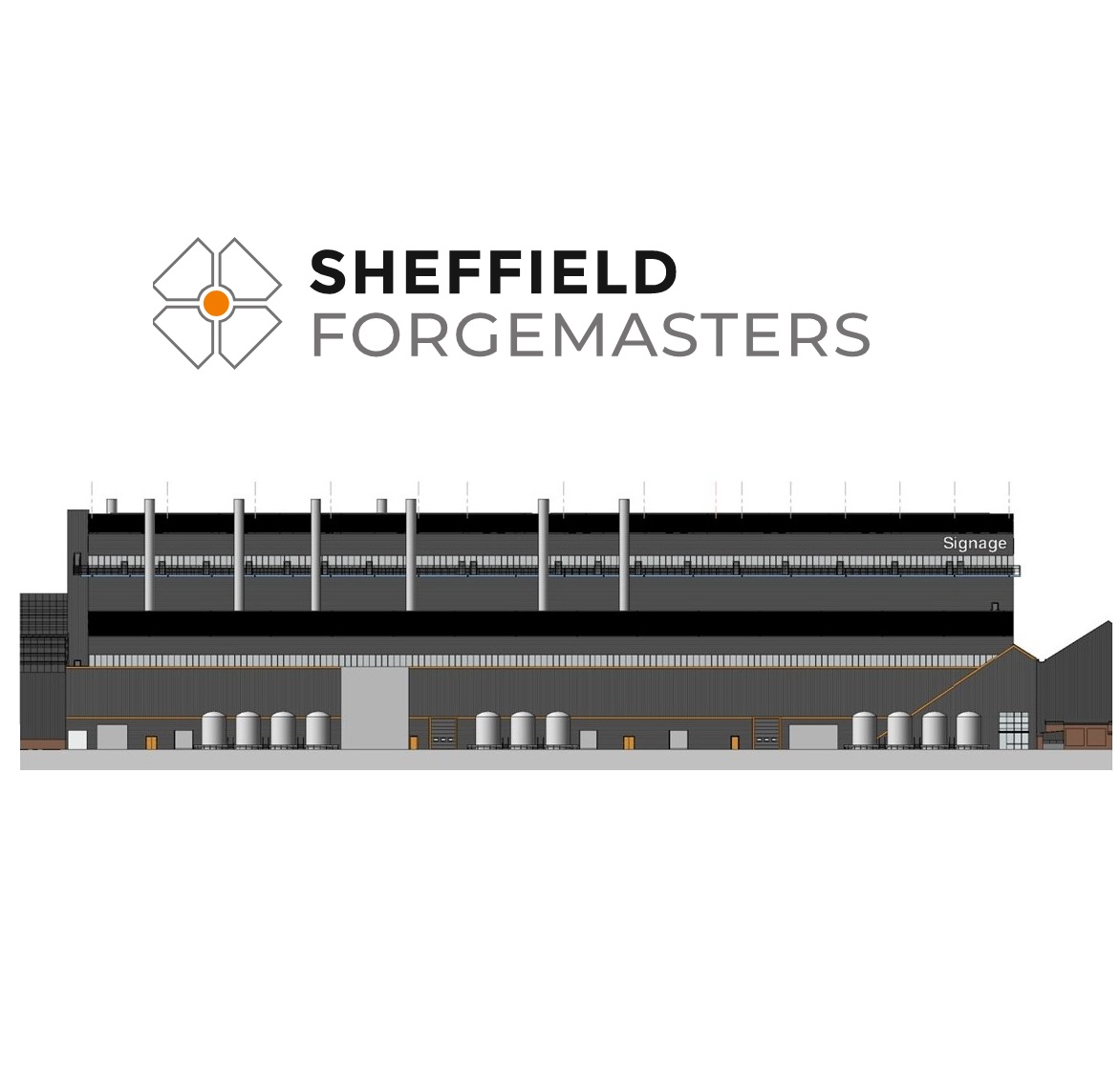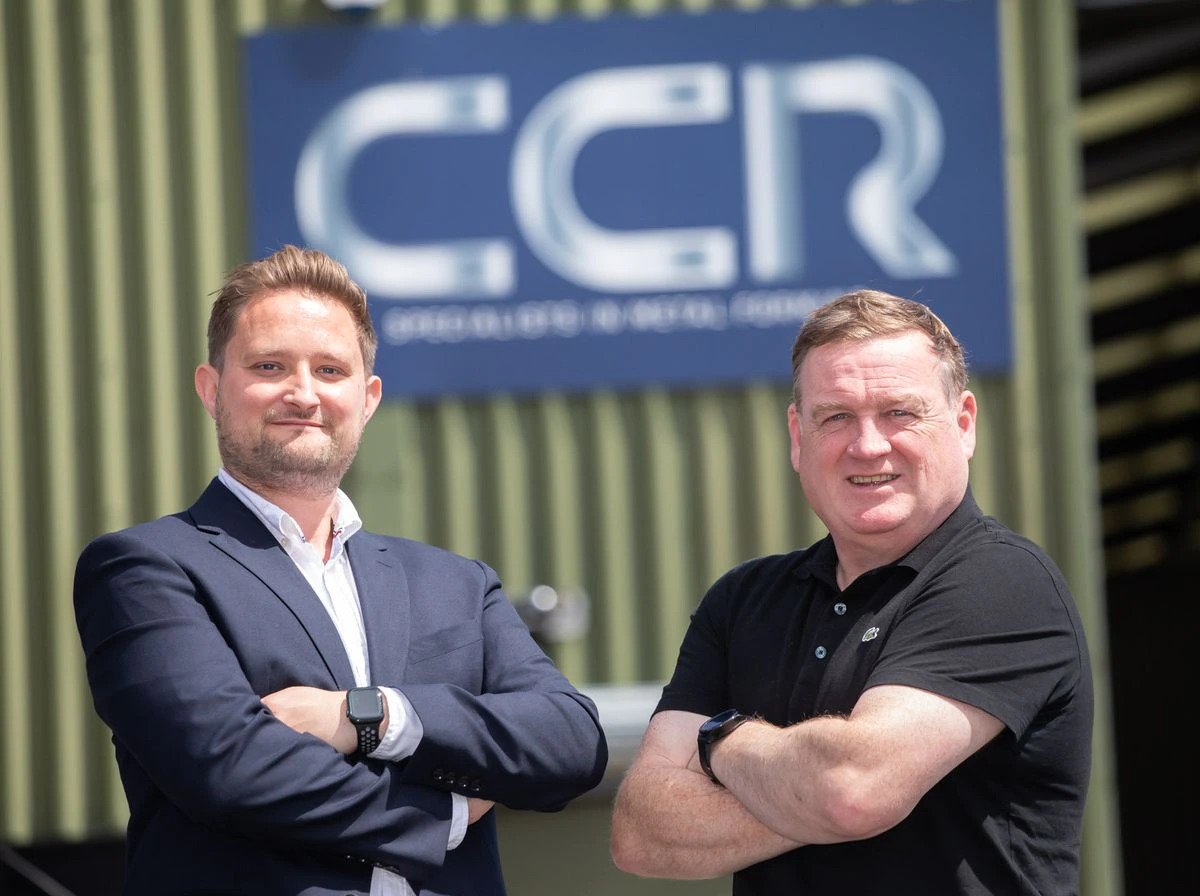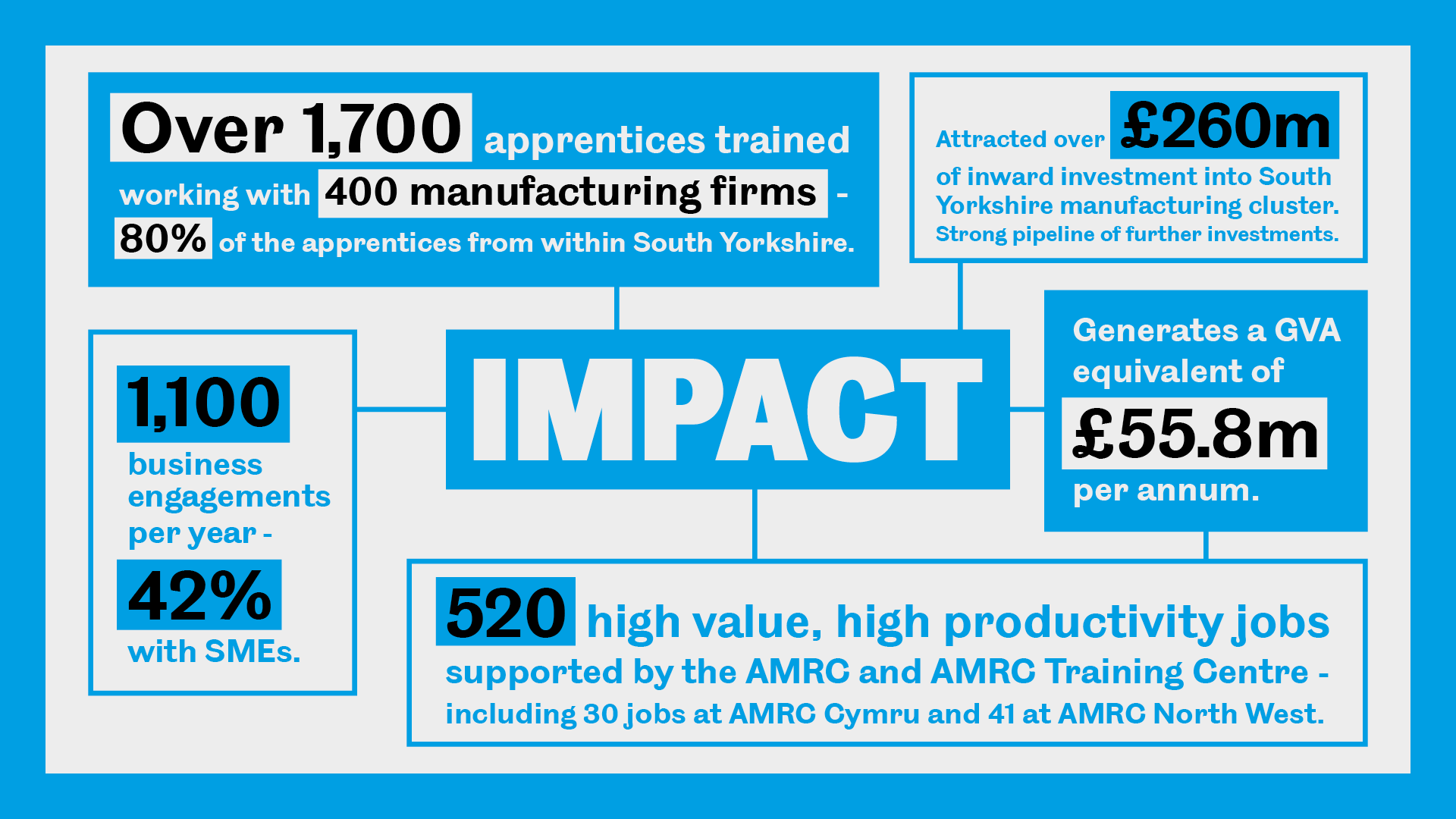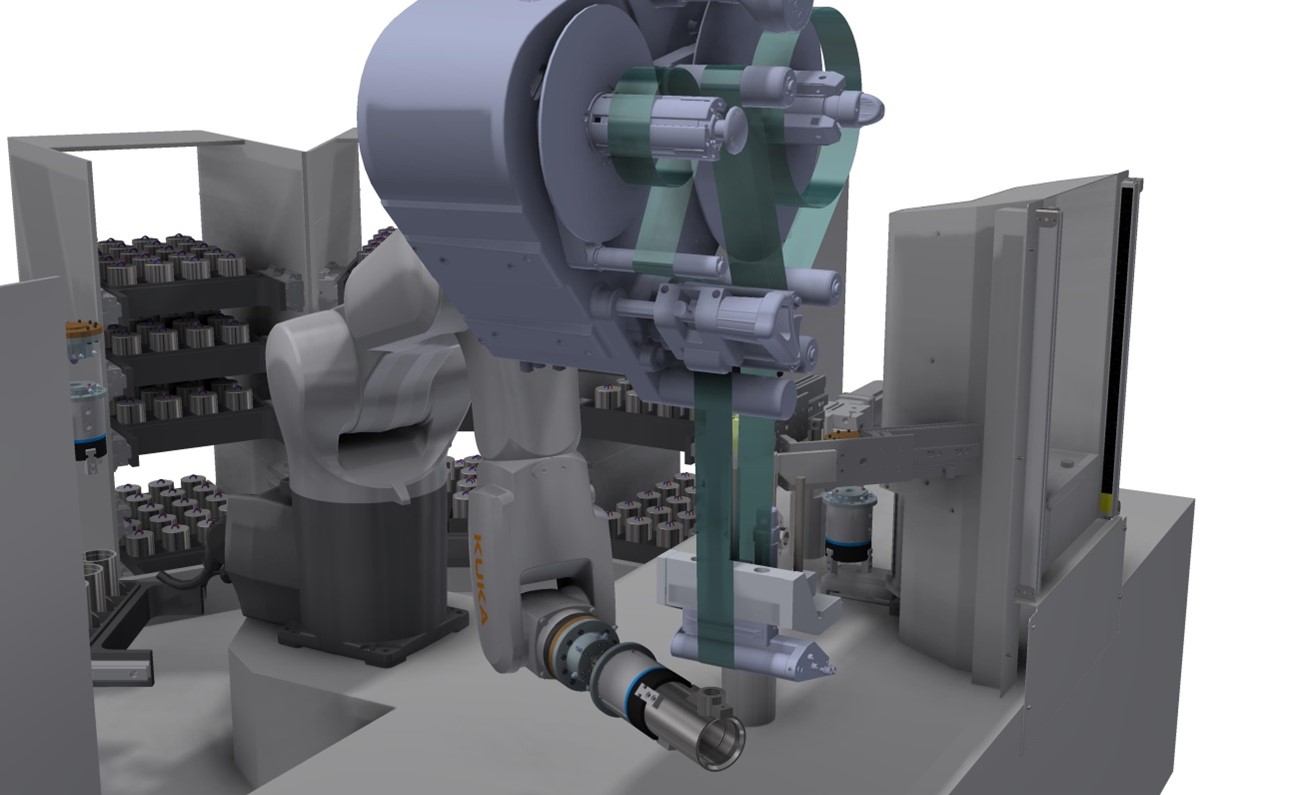When CME Ltd received a request to develop a fully automated solution for a pneumatic valve assembly, a six-axis robot was at the heart of its innovative system. The robot performs a series of different pick and place, orientation, transfer and assembly operations in combination with several dedicated workstations and peripheral technologies, increasing output and productivity.
In simple terms, the application requires the assembly of a pneumatic valve body that comprises of several individual parts, including a coil, circlip, label and adhesive. The robot collects parts from a series of magazine drawer systems that both present the individual components and store the fully assembled items. The system can automatically assemble 600 parts in an eight-hour shift.
Historically, the assembly of these valve bodies took place manually, with an operator requiring 90 seconds to complete the various tasks for a single valve assembly. There were several objectives targeted as part of the transition from manual to fully automated assembly, such as eliminating repetitive manual tasks, reducing the time needed for assembly and subsequently increasing productivity while reducing manufacturing costs. The automation of the different assembly operations also makes it possible to introduce additional quality checks that improve quality and yield.
Cell capacity is 300 assemblies before the system requires re-priming with fresh components. The total run-time to empty, without stoppages, is approximately 4 hours with an average cycle time of 48 seconds. This represents a saving of over 45% on the original manual cycle time of 90 seconds. The system achieves all of the initial objectives, while a further benefit is its potential for re-tooling to produce other part variants in future.
For further information www.cme-ltd.com



















